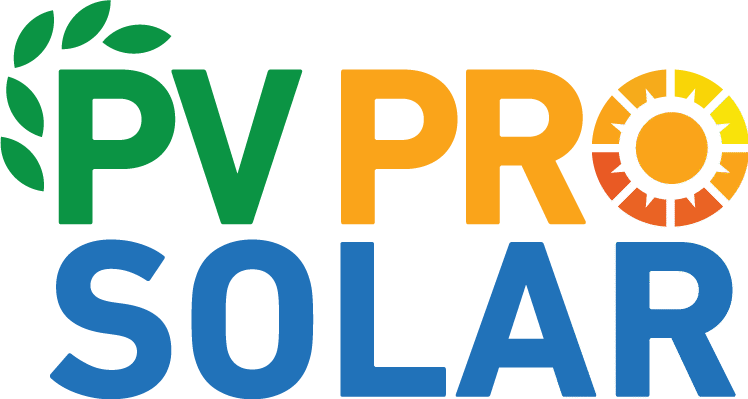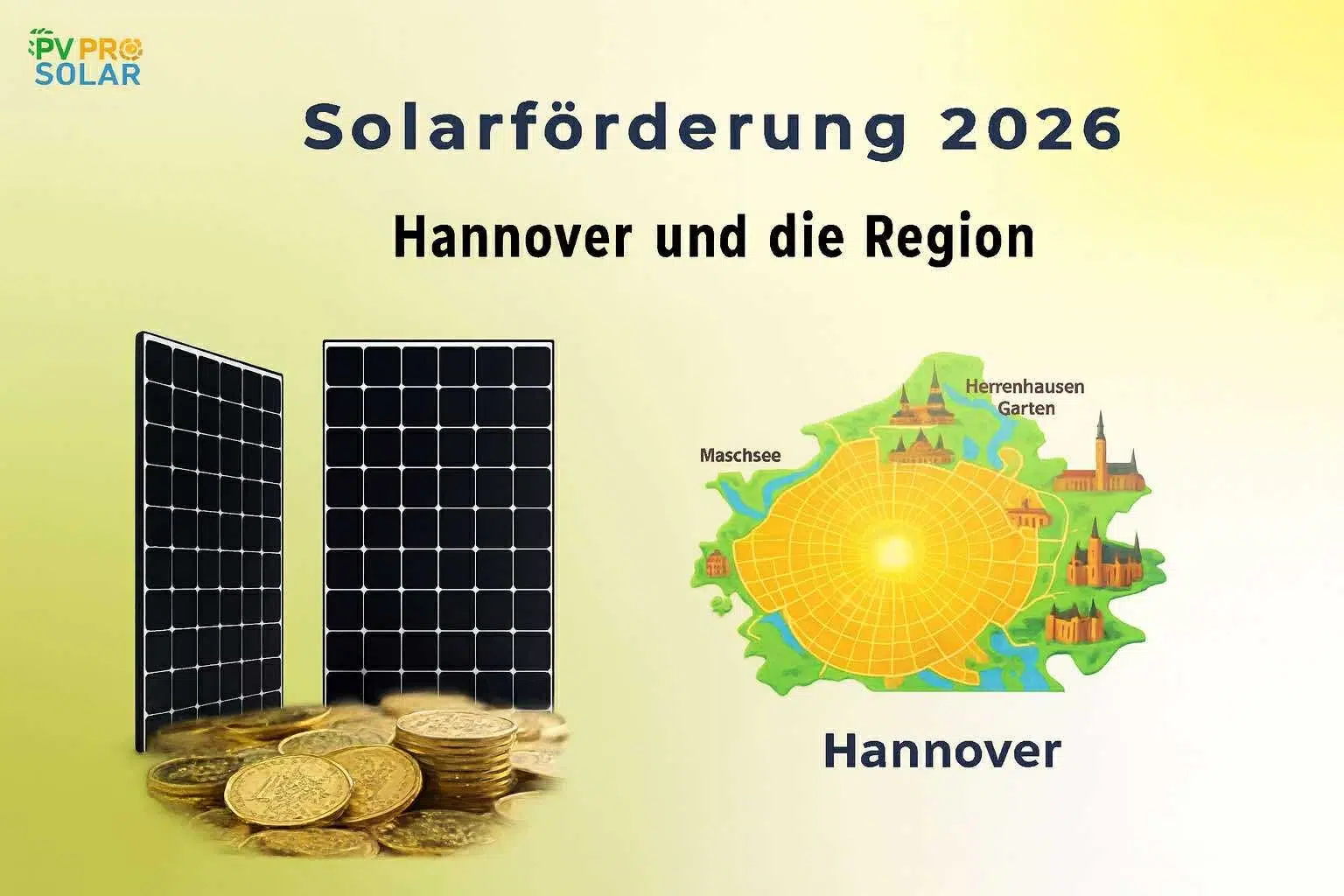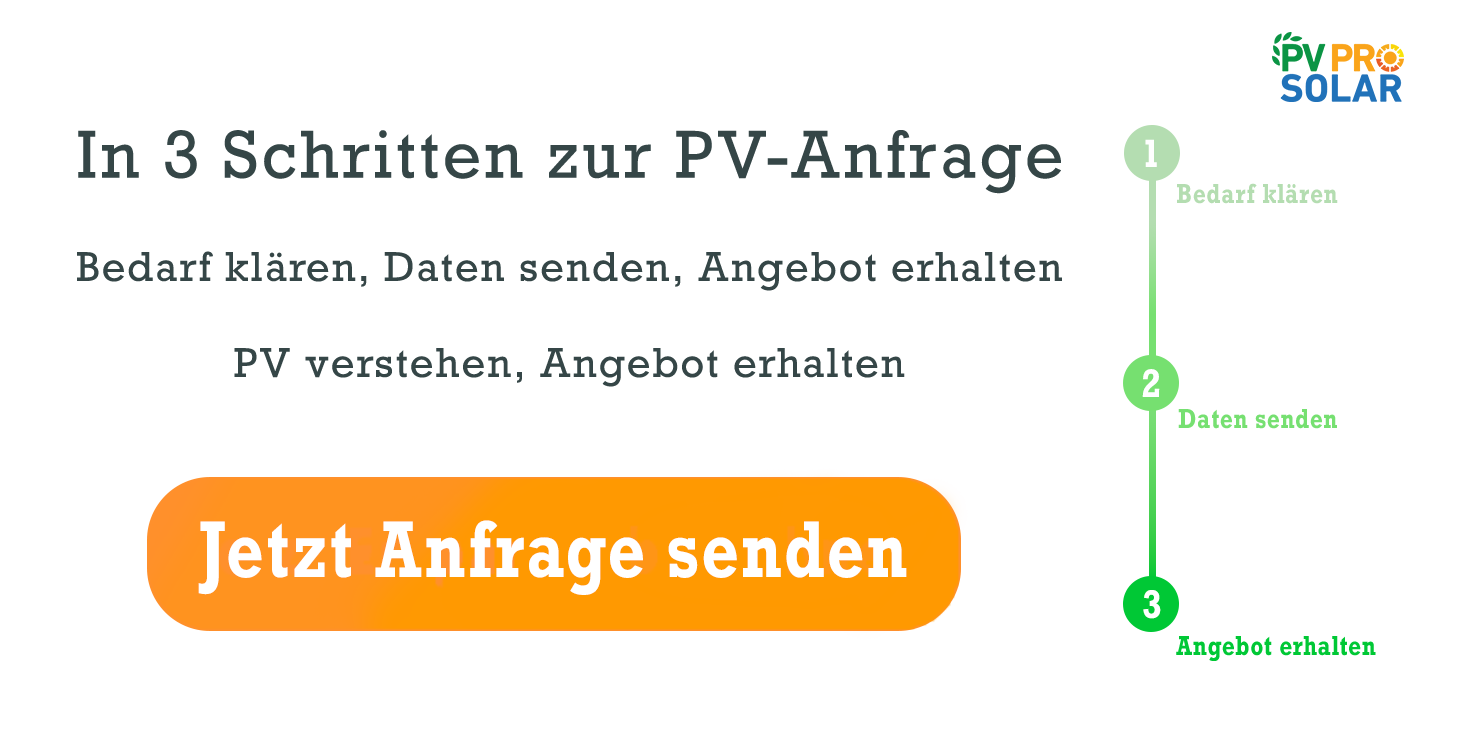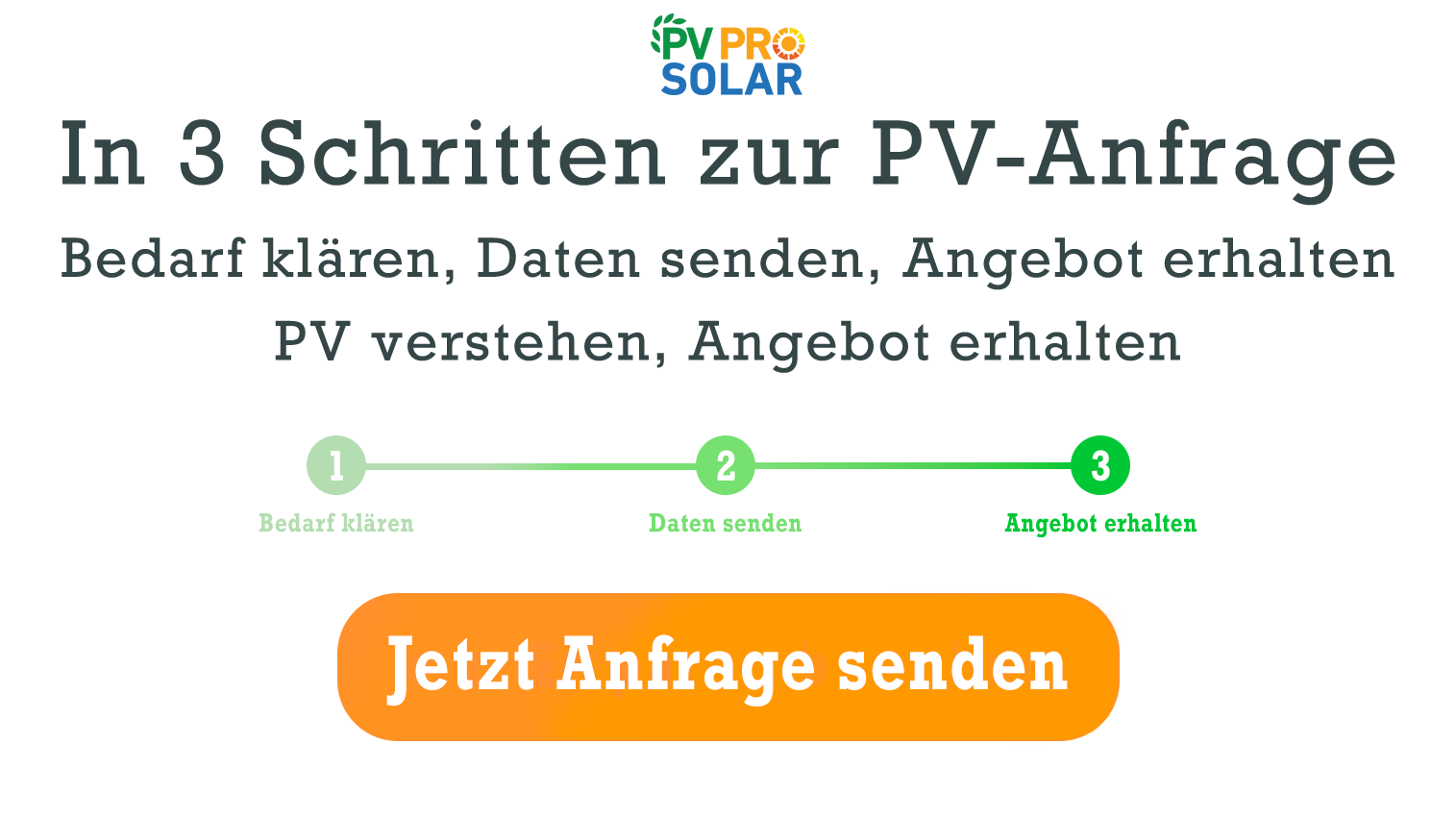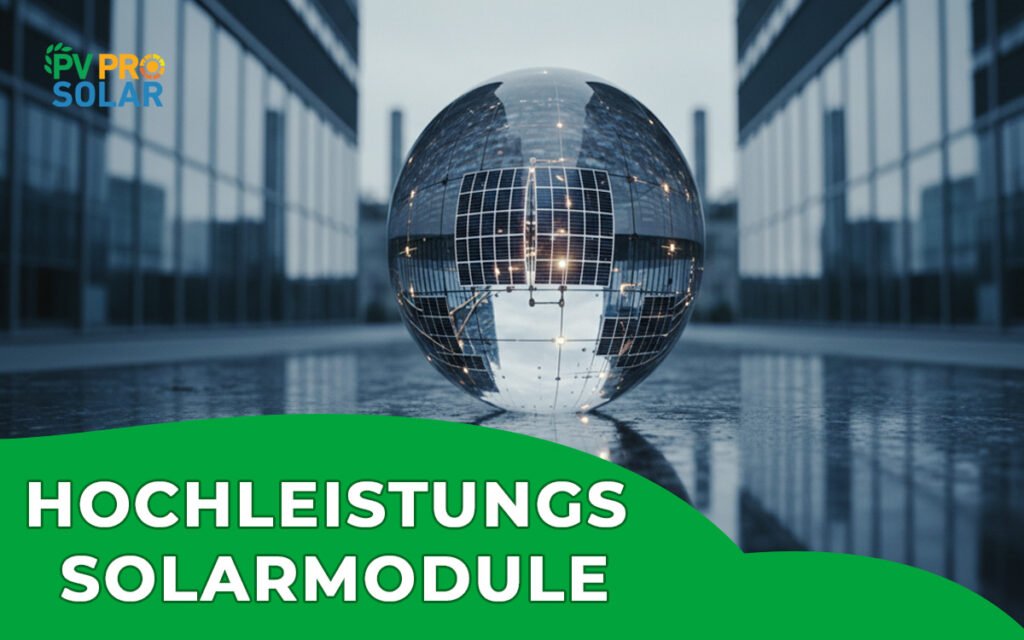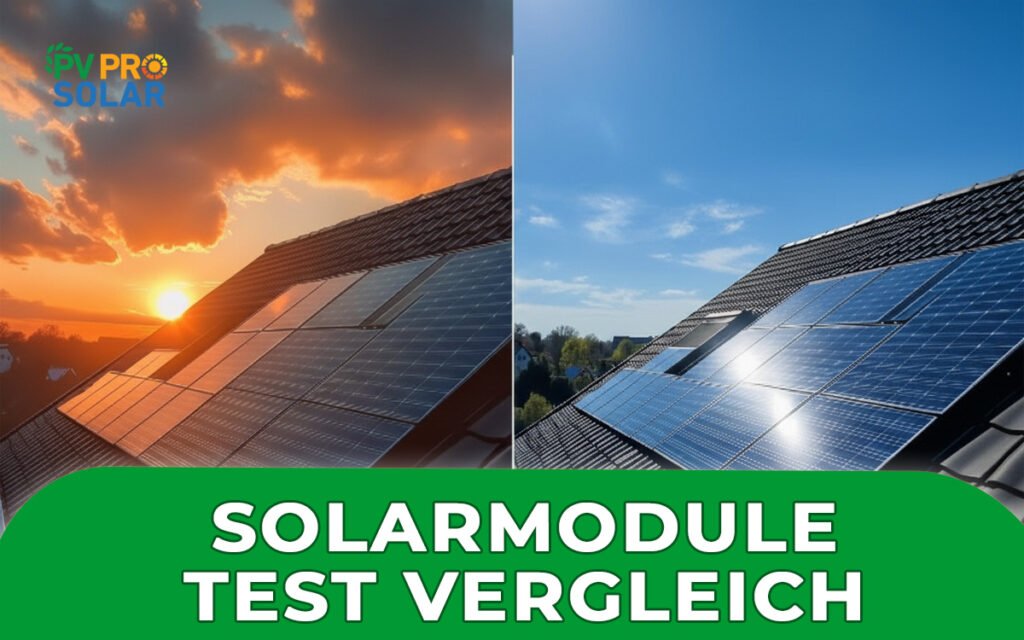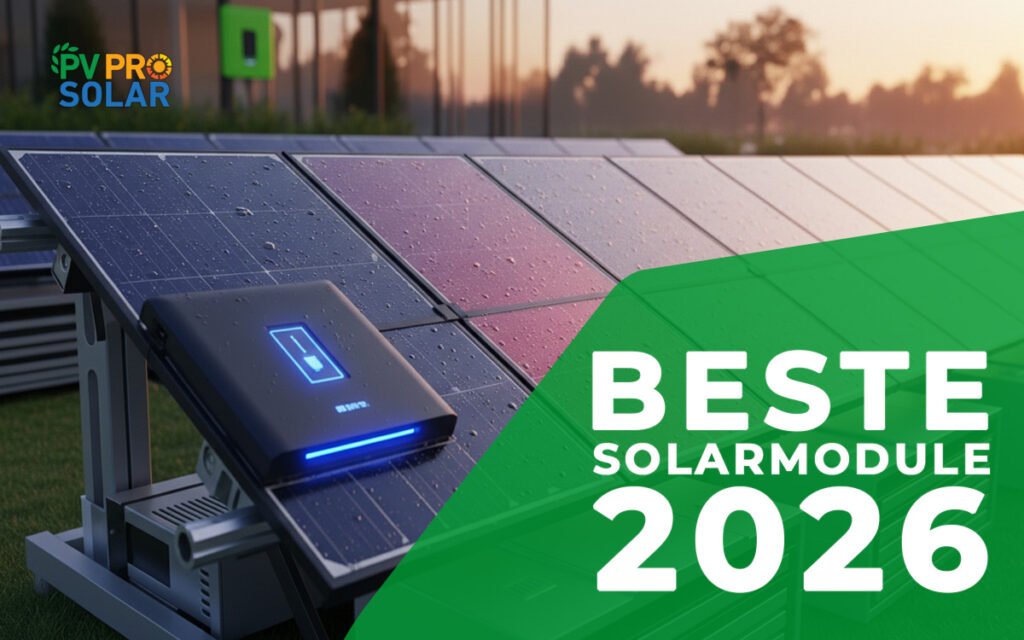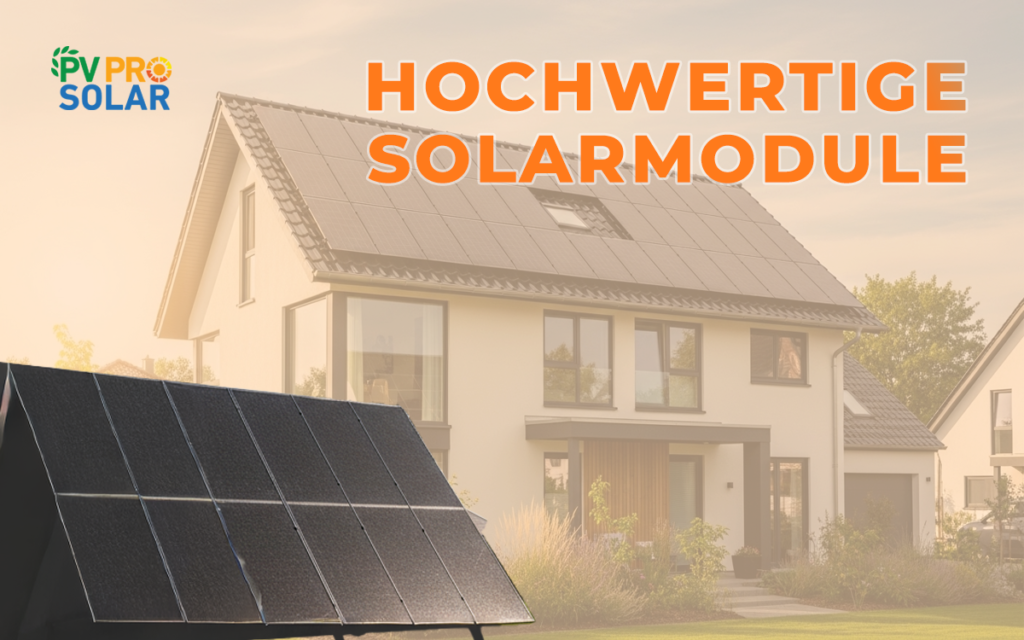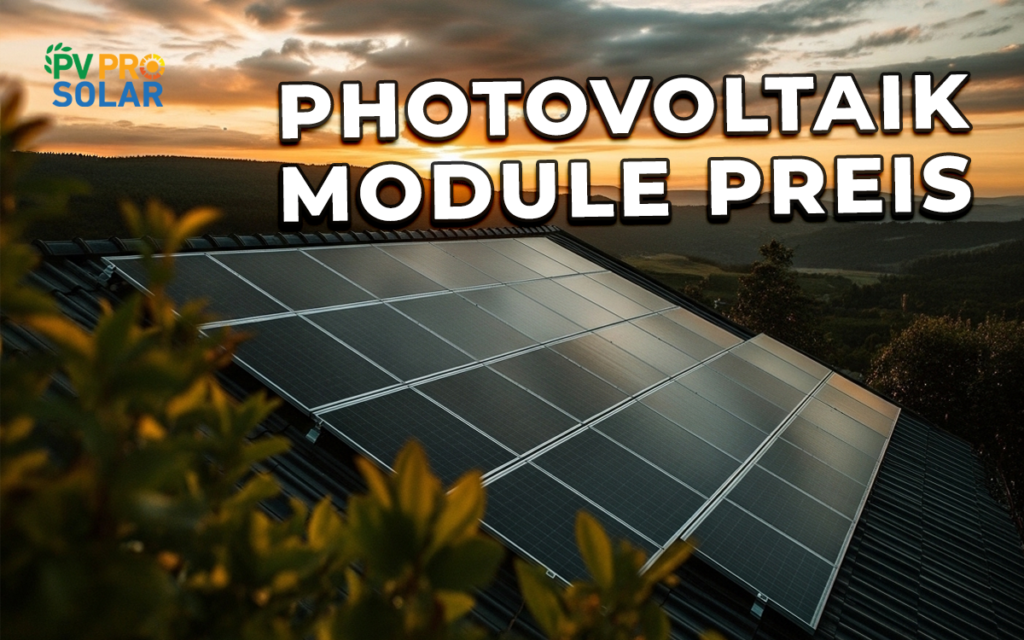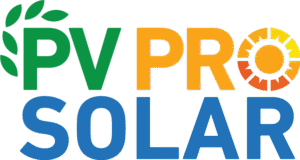Solar subsidies Hannover and the region 2026 – What opportunities does the future hold?
The solar subsidies Hannover and the region 2026 are a key element of local climate policy. They target both private individuals and companies looking to invest in photovoltaics. The focus is on measures such as rooftop solar subsidies, façade PV programs, and support for solar green roof projects. The goal is to strengthen the expansion of renewable energy and actively drive climate protection.
The regional subsidy program is closely coordinated with Lower Saxony. It specifically supports sustainable projects that generate solar power on roofs and façades. Property owners benefit from grants that cover up to a maximum percentage of their investment.
What role do municipal initiatives play in the Hannover region?
The City and the Hannover region rely on municipal initiatives to actively involve citizens. Especially relevant here is the revision of the City of Hannover’s immediate action program, which directly addresses weaknesses of earlier subsidy models.
Key projects include:
- Subsidies for high-quality roof insulation in combination with solar systems.
- Expansion of solar tracking systems to increase plant efficiency.
- Integration of umweltdata for better planning and monitoring of energy yields.
Anyone looking for up-to-date solutions will find numerous programs that create both economic benefits and climate value.
What subsidy options exist for roofs and façades?
A decisive factor is the targeted rooftop solar subsidy. Owners of existing buildings receive grants for the installation of solar systems, while new buildings benefit from incentives to integrate façade PV directly.
The concept of solar green roofs is also gaining ground: roofs are used twice—both for greenery and solar power production. This synergy improves energy balances and unlocks additional subsidy options. Especially for residential buildings, there are programs where applications can be submitted online to maximize funding opportunities.
How does this differ from traditional programs?
The solar subsidies Hannover and the region 2026 differ from nationwide schemes through their local focus. While national subsidies such as KfW loans provide broad coverage, Hannover specifically addresses regional needs.
Examples include:
- Development of medium-term programs for stable investment security.
- Pilot projects with solar aircraft technologies as symbols of innovation.
- Tailored subsidies for PV systems on listed residential building façades.
What is the importance of solar tracking for Hannover 2026?
Solar tracking is a major trend. With tracking systems, solar modules automatically align with the sun and achieve up to 30% higher yields. In Hannover, such systems will receive more subsidies in the future—particularly for large solar installations that generate more electricity and better meet current energy demands.
What opportunities does the combination with high-quality roof insulation offer?
High-quality roof insulation significantly reduces a building’s energy demand. When combined with a solar system, double savings potential is created. The subsidy therefore provides grants for complete packages where insulation and solar technology are implemented together—an attractive model especially for owners of residential buildings.
Which programs benefit from umweltdata and digitalization?
The Hannover region is increasingly turning to digital solutions. With umweltdata, PV system yields can be monitored and analyzed in real time. These insights are incorporated into new subsidy concepts and create transparency for investors. Applications for subsidies can already be submitted online, speeding up the process and ensuring funds are distributed more efficiently.
What medium- to long-term developments are foreseeable?
By 2026, the creation of medium-term programs will become standard practice. The aim is to provide planning security for investors. This includes:
- Binding expansion targets for Hannover and surrounding municipalities.
- Long-term subsidy packages for façade PV and solar green roofs.
- Technological integration of new solar funnel systems for greater efficiency.
How do private customers and companies benefit?
Private customers benefit from solar subsidies Hannover and the region 2026 through grants and simplified approval procedures. Owners of single-family and multi-family houses can thus install solar systems more cost-effectively. Companies additionally benefit from tax advantages and special programs for large-scale systems, enabling maximum use of renewable energy.
Why is it worth taking action now?
The subsidies are time-limited and often tied to specific budgets. Those who act early secure the best conditions. At the same time, electricity prices continue to rise, making self-consumption from solar systems particularly attractive. Every investment in photovoltaics also strengthens regional climate protection.
The solar subsidies Hannover and the region 2026 represent a unique opportunity to actively shape the energy transition. By combining rooftop solar subsidies, façade PV, solar green roofs, and municipal initiatives, a wide range of options emerges for different target groups.
Contact PVPro Solar GmbH for individual advice. Our experts will support you with planning, application, and implementation of your photovoltaic projects.
Secure your free consultation now and benefit from the 2026 subsidies!
The subsidies cover parts of the investment costs for solar modules, storage systems, insulation, and additional measures such as solar tracking. The exact amounts depend on the specific program.
Yes. Commercial and industrial sites benefit from their own subsidy lines. These include grants for large-scale systems, innovation projects such as façade PV, and tax advantages for combining PV with high-quality roof insulation. Which costs are covered by the solar subsidies Hannover 2026?
Are there special programs for companies in the Hannover region?
